
https://www.youtube.com/watch?v=7LZ0MTkNr34&pp=ygUvaG93IHRvIHN0YXJ0IGFmZmlsaWF0ZSBtYXJrZXRpbmcgd2l0aCBubyBtb25leSA%3D
I Make $1M_Year With One Website
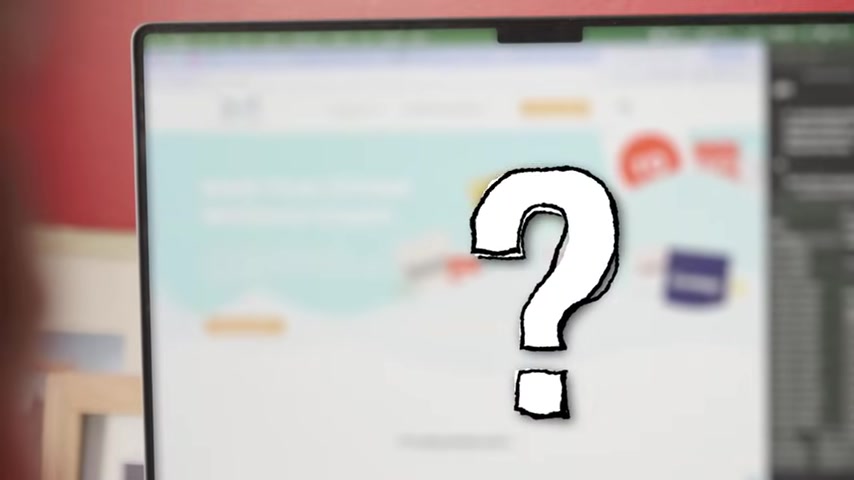
This is Alex .
And he makes over a $1,000,000 a year with a business model that nobody's talking about .
Affiliate marketing .
He invited us into his house in California to show us his exact websites , and how he built them on just a few hours a day , while working a full time job .
Yeah .
The moment for me in terms of unlocking my side hustling and and my ability to build a business was But Alex's website made $0 for months .
Until one day , he uncovered something about the Google algorithm that changed everything .
If you're building a business that relies on SEO , you wanna go after In this video , we'll dive into how to build a business while you have a full time job , niches that make a $100,000 a month , and the secret strategy that Alex used to grow to a $1,000,000 a year .
The smart kind of innovative moment for us was the idea of just directly .
I'm Pat Walls , and this is Starter Story .
Well , Alex .
Nice to meet you .
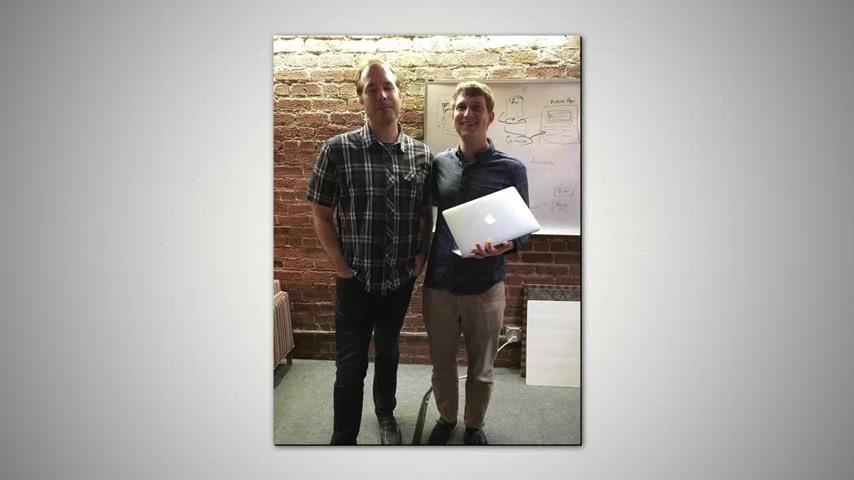
Thank you for having me in your lovely home .
Yeah .
Of course .
Tell me about who you are and what you built .
I'm Alex .
I am the founder of finversusfin.com .
It's a popular product review site that helps visitors on the web compare different health and wellness options .
It's now a 7 figure revenue business .
Started the business as a side hustle in 2018 and and never looked back .
Yeah .
What is the actual business model ?
How does it work ?
We drive shoppers to brands .
I make partnerships with those brands .
And every time somebody buys something referred from our site on one of those partner sites , we make a a commission of some kind .
Yeah .
So you're essentially a middleman between shoppers and these brands .
That's right .
Yep .
Totally .
So you started Fin versus Fin while you had a full time job .
Can you tell me that story ?
Both of my parents were entrepreneurs .
I kinda knew from day 1 that that was always my dream .
My idea I ran out of college was , hey , why don't I go work with some early stage founders and eventually have an idea and meet meet enough people and build enough skills to to be successful as an entrepreneur .
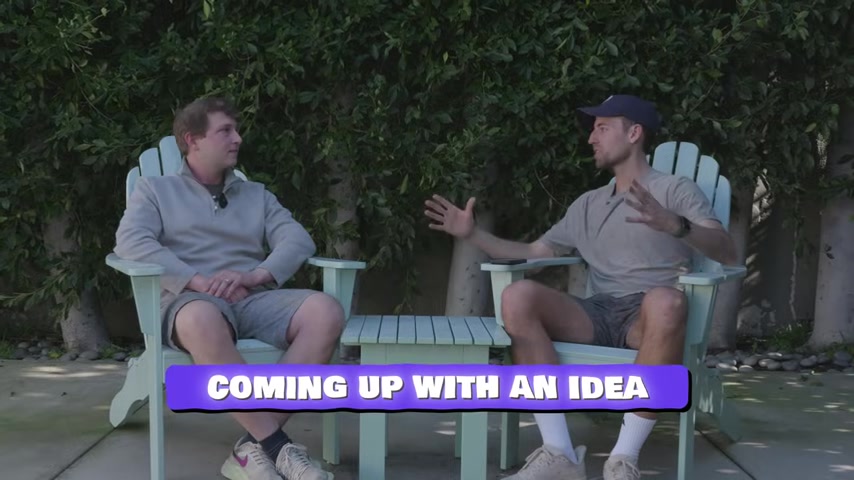
But what I found in my life as a marketer at early stage companies is that it's not a 9 to 5 .
It's it's really that you're sort of having a founder mentality in order to be successful .
Mhmm .
A big moment for me was this idea that , hey .
I I need a true 9 to 5 .
I need to be able to close my work laptop at 5 so that I can side hustle and and and , you know , find a path for my own entrepreneurship .
Really , the key to that was working at a larger company .
Now you got this more chill work life balance .
Tell me how you get the idea for Fin versus Fin , and what does the journey look like from there ?
I was working at a Fintech company at the time .
The first iteration of a of a product review , product comparison site was just that stupid , like , Fintech Fin versus Fin .
And so we were gonna compare Fintech companies .
Quickly saw a $100,000,000 series a's venture funding going to a wide range of telemedicine companies and thinking , there's there's no content online about that and that's a pretty considered purchase , you know .
If you're gonna buy a medical product , how are you gonna make that decision by yourself ?
How do I know which one to go trust ?

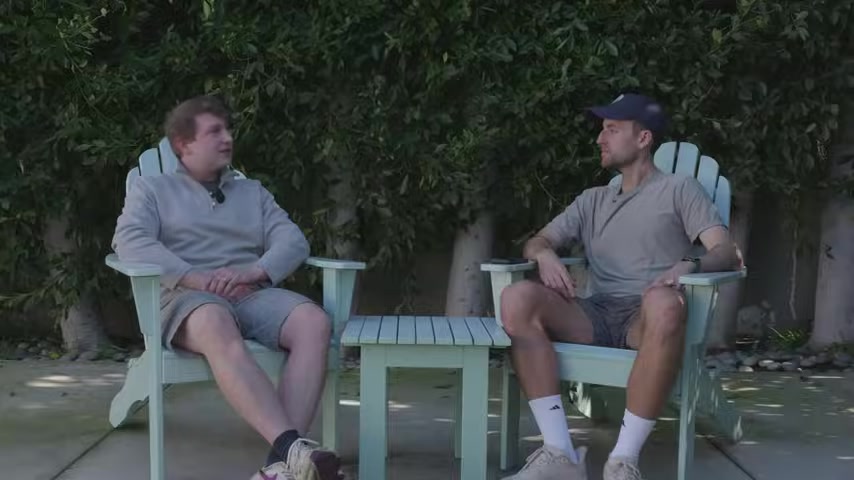
So it's kinda like scratching our own itch there in in terms of what kind of content to write .
But , yeah , I wrote the first 60 articles myself .
I didn't hire anyone learning WordPress at the same time .
That's where the the site is was built .
Typically , in the beginning , we would drive traffic through organic SEO , kind of anticipating the series of products or queries that shoppers might be making online .
You know , what are shoppers searching for essentially is the first question and you can meet that demand with content .
The the smart kind of innovative moment for us was the idea of just partnering with brands directly .
I'd say it took us about 6 months before we saw a significant amount of organic traffic where I felt comfortable starting to reach out to the brands that we were driving traffic to and had enough confidence to say , I'm pretty sure we're driving sales .
I don't see those numbers on my end , but there could be more , if if we work together .
It's a pretty compelling pitch and and they name their price in terms of the customers that you're willing to drive .
So , at this point , the the numbers , the revenue is starting to seem shockingly good .
Unbelievable .
Yeah .
When you when you first have that moment , like , this this could be a business .
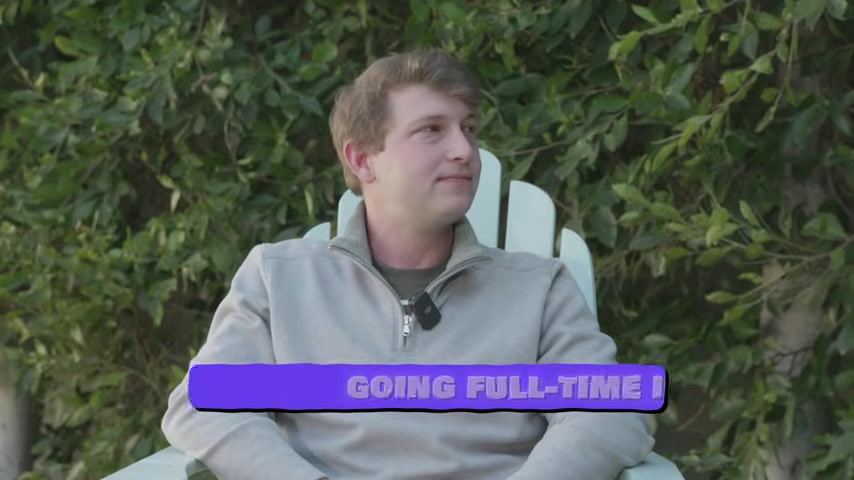
And , imagine what could happen when you step on the gas .
Yeah .
You're starting to make some money .
You're starting to balance .
Do I still work my full time job ?
Do I not ?
What does that look like ?
What does that journey look like for you ?
So at some point , you know , maybe a a full year in , I felt like my income was being replaced .
It could be replaced .
At the same time , I think there's a fear or there was a fear for me around , is this legitimate and will this last ?
Yeah .
And how foolish if you quit your day job and it doesn't really last for very long .
Yeah .
And then where are you ?
You know ?
So I think at that point , I just said , okay .
1 year , we'll see .
And if the lights are still on in a year Yeah .
Then this is super fun , and and I could see myself doing this full time .
Yeah .
How much were you making from Finn versus Finn at the time that you're working a full time job ?
I guess I didn't feel comfortable making that switch an until my income was replaced .
So I was making a 150 k in salary , so that's kind of my own personal earnings from the site when I felt comfortable making the switch .
Yeah .
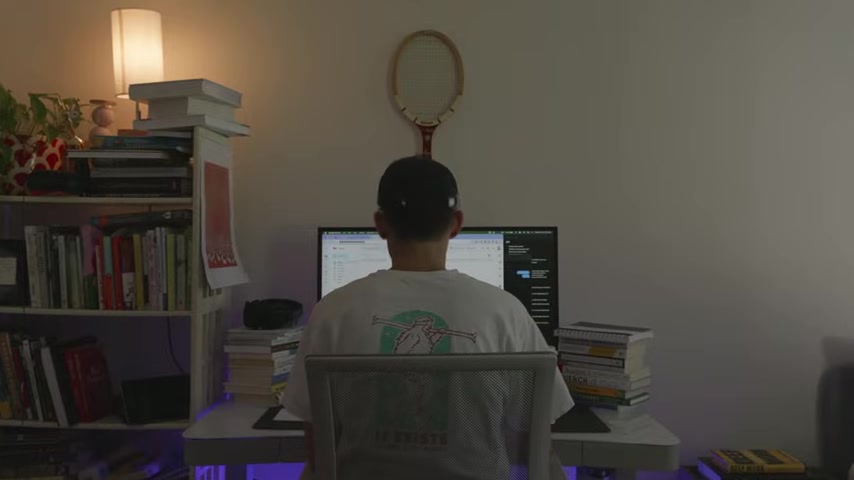
My favorite part about Alex's story is that he didn't quit his full time job until he was making $150,000 with his new side project .
And just like Alex , I actually did the same thing .
I started a $1,000,000 business while I had a full time job .
But , it wasn't easy .
It required having the right idea and a solid execution plan in place .
If you're curious about doing something similar and you have a full time job , well , we're running a free workshop on how to build a $1,000,000 business on just 2 hours a day .
We'll talk about how to overcome self doubt , how to find a $1,000,000 business idea , and exactly how to execute on that idea on just 2 hours a day .
Head to the first link in the description to save your seat .
We have just a limited number of spots .
See you there .
Back to the video .
Peace .
You guys really weren't making money for months .
Can you tell me about the breakthrough moment where you started to realize that this could be a business ?
We identified the opportunity for health and wellness , and that was like a a bull's eye .
Right ?

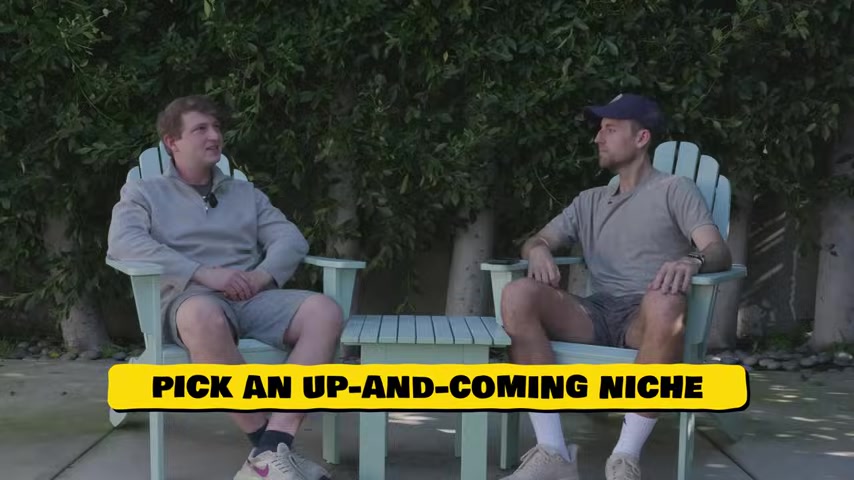
We were amongst the first in the world to to review some of these telehealth and telemedicine platforms , which are now public and household names and and super common .
So I feel like , you know , in some sense , that is the secret sauce .
Figuring out a niche that is not super crowded .
You can't win in a crowded space when you're when you're young and and new , and your site isn't authoritative on any level , but you can win queries that nobody has ever written something for .
So Yeah .
Generally , if you're hunting for ideas , and there has to be sort of high margin in that product category , and there and there has to be sort of high margin in that product category , and there has to be kind of a lot of activity or momentum that will keep it going .
A space where no one has talked about those things , but it has a lot of potential because it's tried and true at the end of the day .
Yeah .
It's not gonna just be here and and end .
What is your keyword research process look like from starting to research the keywords and then writing the articles ?
In the early days , if you're gonna if you're building an SEO a business that relies on SEO , you wanna go after a low competition , long tail keywords .
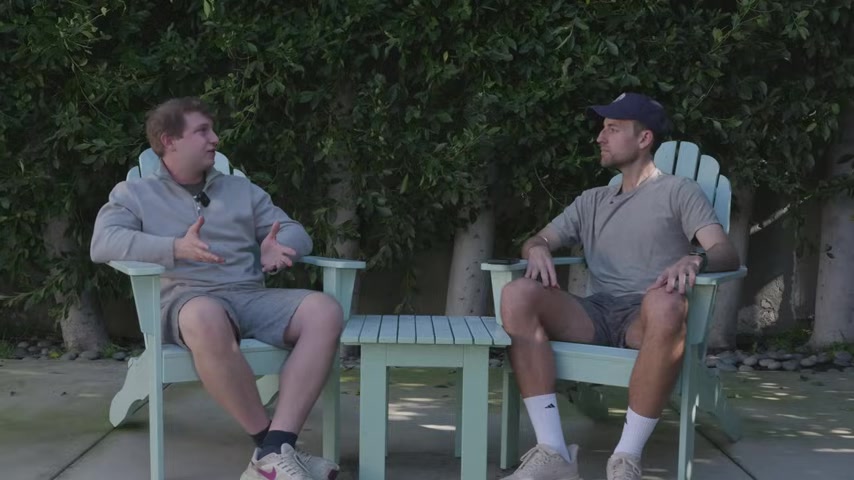
If you're in the audience that you're trying to serve , you they might be just super intuitive to you .
There's query patterns as well that you start to recognize , that are high intent .
If you have the pattern , it's just about fitting in the product or the brand or best this for that .
In the early days , it was mostly focusing on the brands that we wanted to cover .
So , okay .
This is a space we wanna be in , or maybe we've already written about , and we have some traction in .
Okay .
So who are the players in that space ?
Who do we actually think is gonna be here in 3 years ?
And then strive to write the very best thing online about that brand .
Mhmm .
Sometimes that means going more in-depth than the article that's number 1 on Google .
Sometimes it means being more concise and and more to the point .
It's just what is the true intent behind the query that somebody typed in and how well does that piece of content that you're creating meet that intent .
That's how you win .
Be there first , write the first thing online about it , and write the best thing .
So everything's going great .
You're gaining traction , you're building this business , what happens next ?
I decided to go full time at the business after about 2 years .
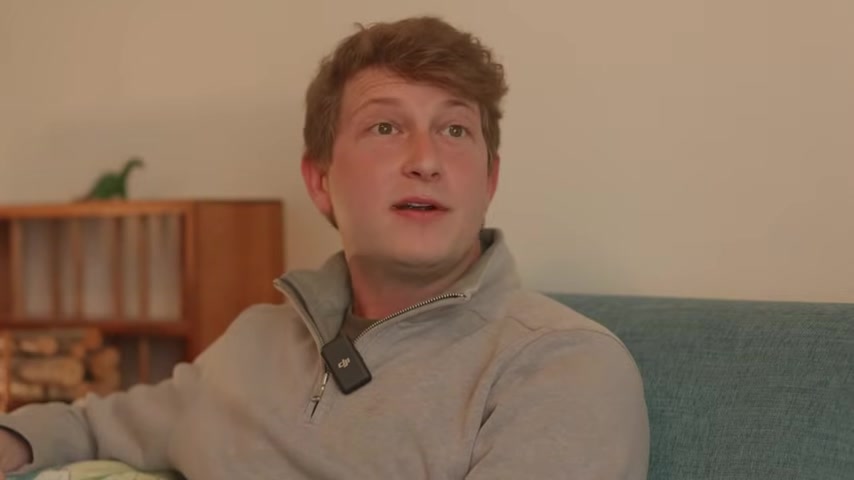
My business partner , who I started the business with , didn't want to forego his career and sort of always wanted this to be a side hustle , which at the time I very much respected .
It's where we started , it was our agreement .
The solution to that really was me buying him out .
Now on the second run , I think I'll have more confidence to do it myself , but I still very much value the contributions of a partner .
But I think I also would be just more choosy and and , more long term oriented when I think about the skills that we each bring to the table .
Yeah .
Tell me more , a little bit more about what you'd be looking for in a partner .
You just want somebody who who who matches your intensity and shares your vision .
And hopefully also has some skills that are , not just pure overlap with yours .
Yeah .
If you were to meet someone , a potential partner , and you have some alignment on vision , the next step would be , hey , maybe we just see how we've worked together on some small projects .
Feel it out , and if it's right , then double down , double down , and pretty soon you you will either see traction or need to formalize or both .
Yeah .
Fin versus Fin is not your only , website you built .

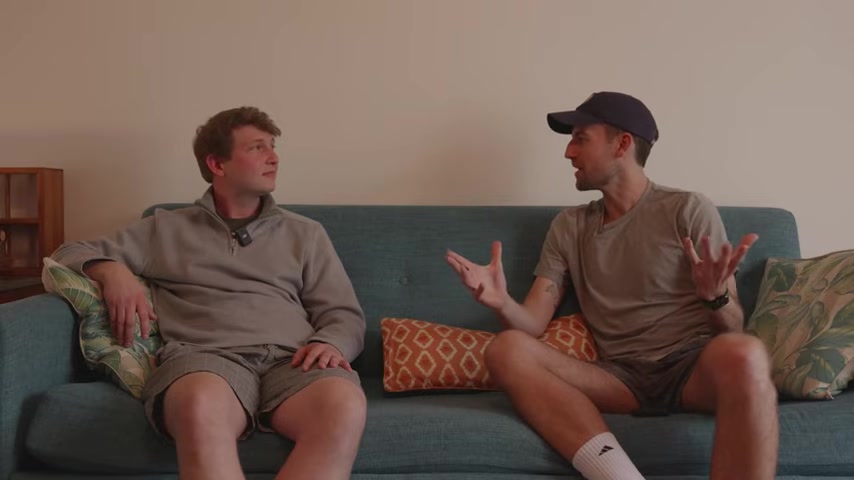
You decided to , build actually a portfolio of affiliate marketing websites .
When did you decide to do that , and what does that look like ?
So we have about 6 sites in the portfolio total , and they tend to focus on more niche or more narrow focus than just general health and wellness and all things telemedicine .
Mhmm .
The reason I did that is because you have economies of scale when it comes to your partnerships .
If you have one partner , you can put them on 5 sites .
That was the idea there in terms of , adding sites to the portfolio .
Affiliate marketing might be one of the most competitive side hustles you can start in terms of anyone can start it .
How do you differentiate , and how do you think about competition ?
The expectation that you're going to be able to stay atop of Google forever , I think is is wildly not true .
You're going to be competing with other people in your niche , other experts and authoritative websites , as well as big publishers that go after everything under the sun .
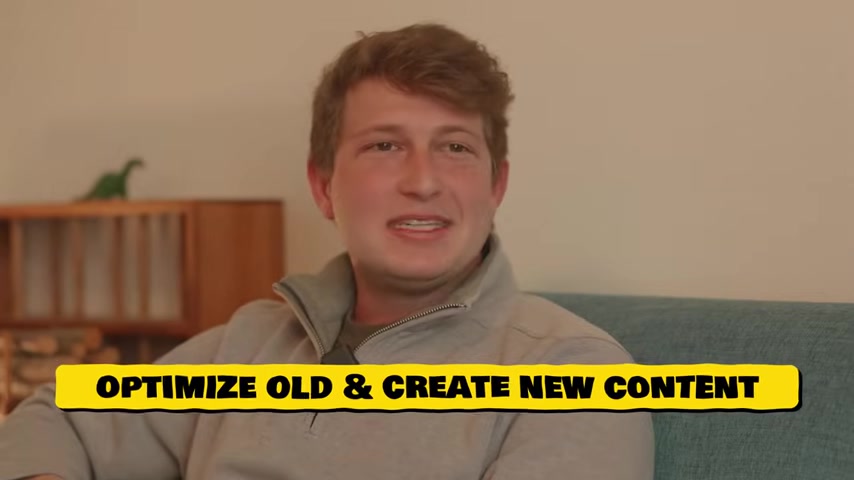
So I think of Forbes and Myspace Healthline , but you can always serve your partners with net new content even as your past moneymaker content starts to erode , as as your ranking start to erode .
Stale content at the end of the day will will not win on Google , so it needs to be fresh and it needs to be within your area of expertise that from Google's perspective , not going too far outside of your lane , topical authority , or kind of niche .
What I think is really cool about your business is that you're not just doing organic search , you actually have dabbled a bit in paid advertising .
Can you tell me about that ?
Trying to diversify the the traffic is definitely something that every online entrepreneur should be thinking about .
Realizing that you could go to your partners and say , Hey , I know you want more growth .
I have an idea for more growth .
It's outside of the realm of what we normally do , and it will cost , you know , a test spend of a few $1,000 something like that , and it very well may fail and fall on its face , but we will be stronger and we'll have learned something for it , and the upside is is that if it works , it's extremely scalable .
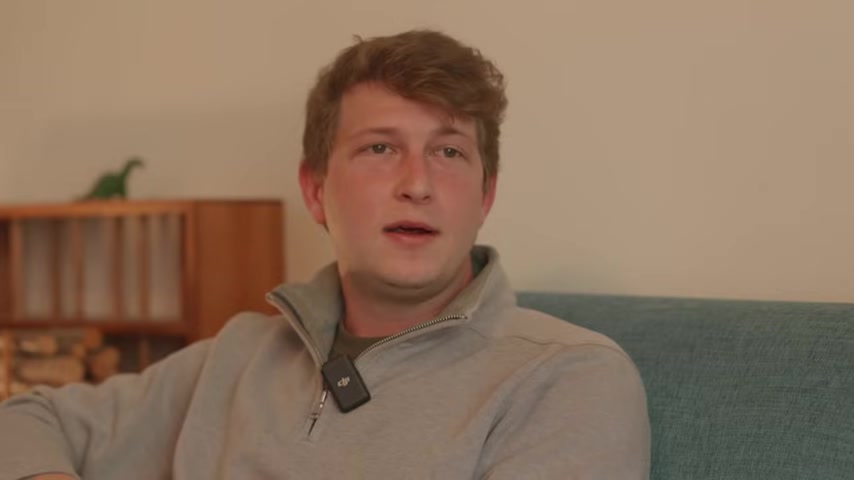
It's actually scalable to the moon , and , you know , most brands would say , it's kind of interesting .
Yeah .
Maybe not this month , but next month , and so I've since tested many different niches , different product categories with this strategy , and it definitely does not always pan out .
But when you find it , it's it's a gold mine , and it's controllable in a way that SEO and other organic algorithms are are not .
Yeah .
What I love about Fin versus Fin is that you did this all while you had a full time job .
Can you give a little bit of advice for someone watching who might have a full time job who wants to do something similar ?
I think being good at your job is maybe a pre req .
So if it's your very first job and you're learning everything from scratch , you know , it might not be the right time to to start a side hustle .
But from those days , what I remember is feeling a sense of urgency around my side project and sometimes having to manufacture that for myself because it is a side project , meaning you don't have a boss and you don't have a deadline on it and the money isn't flowing in as a motivator or the traction isn't there necessarily to keep you motivated .
So I do remember just feeling like , you know , this .

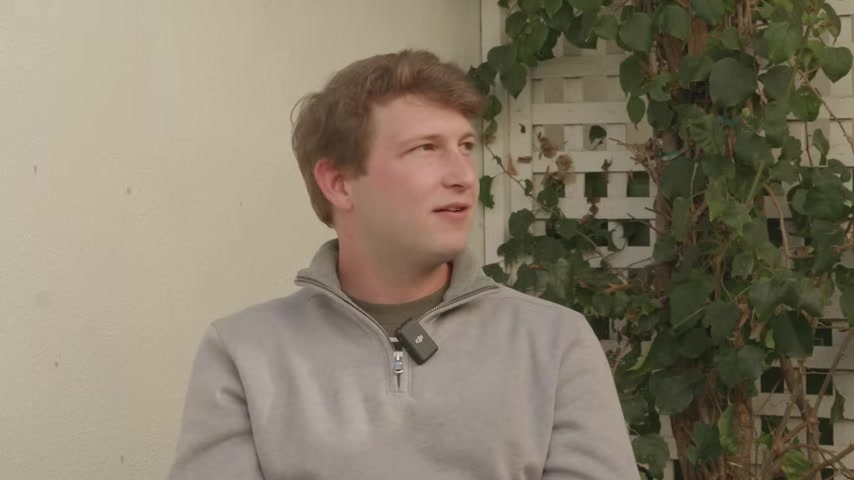
If I don't do this work today , my dream is being pushed out further because no one else is gonna do that work .
Running an affiliate business , what does the team look like and what were some , like , the first hires you made or some of the big hires you made for the business ?
The first thing that we outsourced was writing .
After that was hiring a virtual assistant to sort of , take on a lot of the publishing tasks .
From there , one of the biggest decisions was hiring an editor , full time taking the editing off my plate .
And then additionally , we've added a designer to the team and a web developer .
That gives me enough space to just really focus on the partnerships , which is where I feel my interest is as well as the ability to have the most leverage from from a revenue perspective .
What does a typical day in a life look like for an affiliate marketer in 2024 ?
So I really start my workday probably around , 8:30 or 9 .
Maybe I might have a weekly meeting , with some of my team members , sort of set the agenda for for the week .
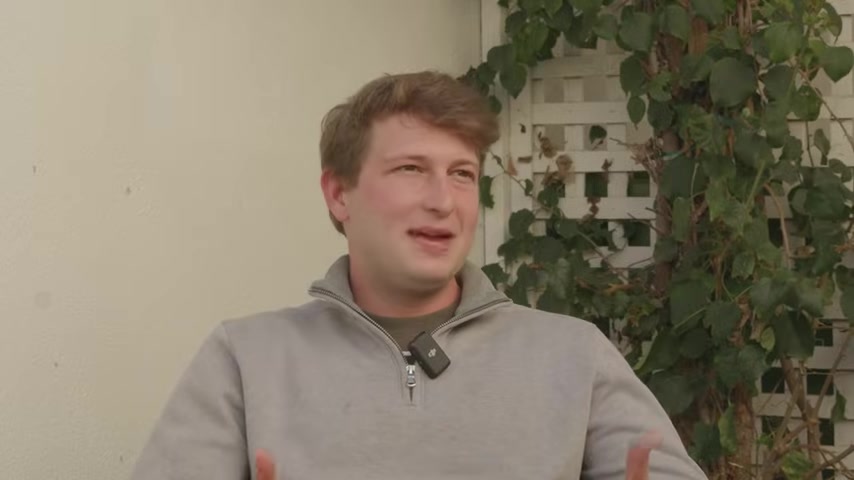
I likely have a few meetings on my calendar with with brands themselves , to discuss how we're continuing to expand their partnership and and the the customers that we're driving to them .
I likely , you know , stop for lunch and and , you know , head out out of my little dark office in my in my home , hop back on my computer to either review content , tweak some ad campaigns of some kinds , you know , we we do have a paid media strategy .
It's big part of the business .
I typically stop working around 4 which is when our our the help for my son leaves , and I don't do a lot of of work on the weekends anymore , but I do have a nice window after sort of evening family time when I after I put my son to sleep where I I can have a few uninterrupted hours to respond to emails and make sure that folks on my team who are distributed across the world have their next steps for the next day , essentially .
Yeah .
You built this awesome business .
What's next ?
I'm actually , working on selling the business and finding it a new home .
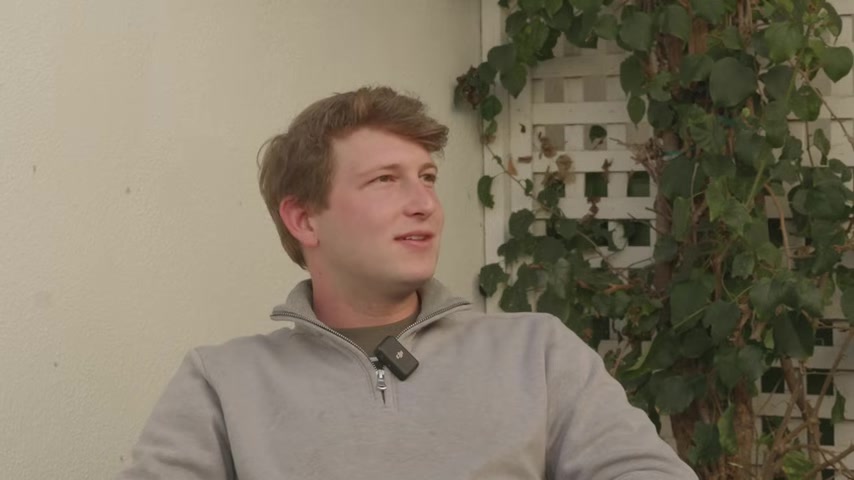
So I think it's important to understand your purpose for the business .
Is it just about the lifestyle and you actually don't care about how much money you make ?
Is it something that I see myself working in or yourself working in for the remainder of your life ?
Or is it something that , you know , has a short period of time that you wanna be running it , but you ultimately want to have an exit ?
So thinking through those and and then , which corporate structure , which functions you take on yourself , and what you outsource , I think is are are key considerations .
Yeah .
If you could stay on Alex's shoulder and give him some advice on some of those things , what would you say ?
One of the key things that I've learned in this process is you can try and engineer the outcome as much as possible from the get go , but the reality of the situation is that you can't see around very many corners and you're gonna have to pivot a bunch .
So my key piece of advice to anyone who wants to own a business one day and start it and be an entrepreneur is to just get started .
Because where you start is not gonna be where you end by by any means .

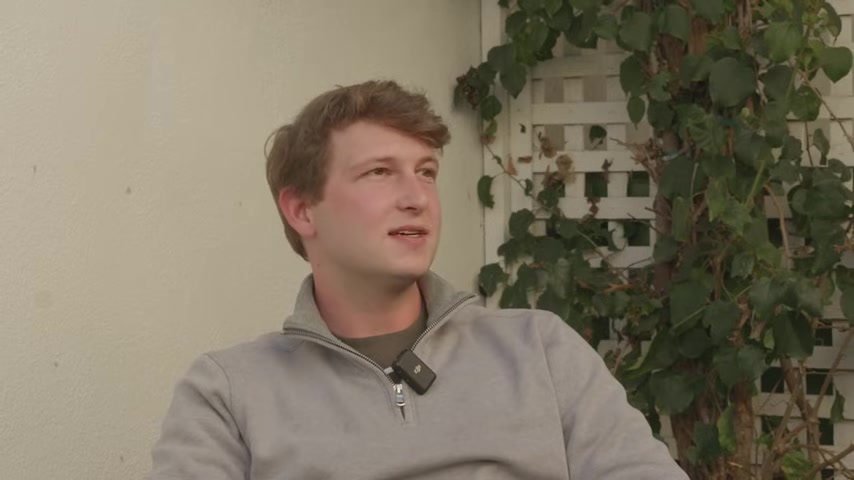
Just pick a broad based audience and start trying to figure out what their problems are and how you can help them .
But it doesn't need to be more engineered than that .
You don't need to be thinking about this being , a business that's gonna be multi generational or IPO or it doesn't even have to be a business necessarily that you're hoping to sell one day .
It's important just to get started and figure out the pieces once you have a bit of momentum .
Thank you , man .
Yeah .
Follow this advice , and you will be a $1,000,000 affiliate marketer .
Peace .
That was great .
Are you looking for a way to reach a wider audience and get more views on your videos?
Our innovative video to text transcribing service can help you do just that.
We provide accurate transcriptions of your videos along with visual content that will help you attract new viewers and keep them engaged. Plus, our data analytics and ad campaign tools can help you monetize your content and maximize your revenue.
Let's partner up and take your video content to the next level!
Contact us today to learn more.